SEC Regulatory Entity

In this article
SEC stands for US Securities and Exchange Commission, an independent regulatory agency supervised by the federal government. A major role of this agency is to protect investors and maintain an orderly environment for the functioning of the securities markets.
The SEC also facilitates capital formation.
As the first federal regulator of securities markets, the SEC began working in 1934, when Congress established it. The SEC aims to promote a complete public disclosure to protect the investors from any forms of manipulation within the market.
Moreover, it monitors the corporate sector in the US and approves the registration statements for the book-runners in the middle of underwriting firms.
Four major divisions of SEC regulatory entity
The four main divisions of SEC are:
- The Division of Corporation Finance to fully ensure the immediate disclosure of basic information towards the investing public.
- The Division of Trading and Markets guarantees orderly, fairness and high efficiency within market activities.
- The Division of Investment Management supports the investors and encourages them towards the capital formation. This is done through the oversight and proper regulation of the investment management industry.
- The Division of Enforcement investigates certain securities law violations and initiates a few major civil and criminal actions.
How does the Securities and Exchange Commission (SEC) work?
A primary function of the SEC is to supervise organisations and individuals involved in the securities market. Investment funds, investment advisors, and brokerage firms are all included.
As a result of certain securities rules and regulations, the SEC promotes certain disclosures and shares some market information related to frauds. For example, periodic financial reports or registration statements are often made available to investors.
Key functions of Security Exchange Commission (SEC)
It is one such agency that oversees accounting practices. You can also call it SEC. It has a major role to play in developing and controlling the capital market. For the efficient operation of the capital markets, SEC performs a variety of functions. As well as protecting the interests of investors, it provides equal protection to companies as well. The regulatory body is responsible for several functions, including:
1. Control and regulation
The SEC regulates the stock exchange. Therefore, all activities inside the capital market are controlled by it.
2. Proper controlling and listing
All the parties who are part of the SEC listing are controlled and supervised while they are connected with the financial markets. This includes the share transfer agents, brokers, investors, portfolio managers, organisations, or intermediaries persons.
3. Registration
The SEC is also responsible for registering companies, mutual funds, and joint investors. Therefore, all activities of the organisations will be monitored and controlled by it.
4. Control over autonomous organisations
The Securities and Exchange Commission also controls all autonomous organisations and monitors all their activities. In this case, the stock exchange transactions would be involved.
5. Keeping away from forgery
To prevent unlawful or fraudulent transactions, the SEC is taking some immediate measures. Some acts are even required to prosecute the guilty ones.
6. Stopping the inside trade
The inside trade is one of the benefits that most companies gain through their management. Through this inside trade, all general stakeholders will gain true profit. As a result, the SEC prohibits insider trading from protecting the interests of investors.
7. Audit and investigation
The SEC is also investigating an organisation that is part of the stock exchange. Even all the accounts associated with that organisation are audited and checked
The SEC also conducts training sessions for those who are especially intermediaries. With this training, they can perform their business more effectively and efficiently.
8. Circulation of information
The Securities and Exchange Commission also provides immediate information to the general public regarding issuer companies. This is how all the general investors will be able to get an idea about the financial condition of all those organisations or companies.
9. Research and publication
SEC is always conducting major research on all those approaches which are developing the capital market. As a result, the performance of all the listed organisations is examined and monitored on all terms.
Plus, SEC even conducts research on all potential sectors. Based on the information and research, SEC publishes some research books and journals for further information.
10. Reporting
SEC often creates a proper regular index of all transactions that are part of stock exchanges. It even discloses a variety of information for analysing the market and making the people aware of it.
11. Allowing share issuing
SEC has been one authority without which the share cannot be issued at any point. The SEC checks all the needed documents, after which permission for the issued share is conducted. A proper analysing of the documents is done of all registered companies.
SEC completely knows that speculators are fully responsible for bringing an unrest situation of any share price. But the SEC is preventing this whole bad culture. They know that this won’t be working in favour of the investors at any point.
In short, SEC has numerous other functions to perform to properly run the capital markets and raise a feeling of development. This is how they strengthen any country’s economic base.
List of offices included in SEC
SEC’s major offices include compliance, investor education, public documents, executive director, general counsel, international affairs, investor advocacy, economic analysis, policy and investor outreach, information technology, human resources, financial management, public affairs, risk management, and legislative affairs.
Additionally, there are SEC offices of inspector general, secretary, administrative law judges, and equal employment opportunity.
Bottom line
Lastly, the SEC is an independent regulatory body responsible for enforcing federal securities laws. In addition, it proposes some securities rules necessary to the operation of financial markets.
Educational training sessions are also given to the investors for better functioning in a financial market. Shortly, they oversee all aspects of the stock market, securities industry, exchange options, and regulations about electronic securities markets.
Jason Morgan is an experienced forex analyst and writer with a deep understanding of the financial markets. With over 13+ years of industry experience, he has honed his skills in analyzing and forecasting currency movements, providing valuable insights to traders and investors.
Forex Content Writer | Market Analyst
Relevant Posts

VFSC Regulatory Entity
[top_three_brokers] The Vanuatu Financial Services Commission is a regulatory organisation that supervises and regulates Vanuatu's…
Read more

FFAJ Regulatory Entity
[top_three_brokers] By reflecting all the developing funds, FFAJ started working in 1989. FFAJ is an…
Read more

ADGM Regulatory Entity
[top_three_brokers] ADGM is the abbreviation of Abu Dhabi Global Market. It is an award-winning centre…
Read more

NAUFOR Regulatory Entity
[top_three_brokers] The National Association of Stock Market Participants is an industry-wide, independent self-regulatory organisation. It…
Read more

FSC Mauritius Regulatory Entity
[top_three_brokers] FSC (Mauritius) Regulatory Entity works as a regulatory body for all global business sectors…
Read more

FCMC Regulatory Entity
[top_three_brokers] The Financial and Capitals Market Commission is an independent regulatory entity set up in…
Read more

PFSA Regulatory Entity
[top_three_brokers] The Polish Financial Supervision Authority is known as PFSA. However, it is commonly known…
Read more

SIBL Regulatory Entity
[top_three_brokers] The Social Islamic Bank Ltd (SIBL) is a top-leading and renowned second-generation commercial bank…
Read more

BaFin Regulatory Entity
[top_three_brokers] A German Financial Authority, Bundesanstalt für Finanzdienstleistungsaufsicht, is abbreviated as BaFin, known as Federal…
Read more

FSPR Regulatory Entity
[top_three_brokers] The Financial Service Providers Register is a regulatory entity that has authority over financial…
Read more
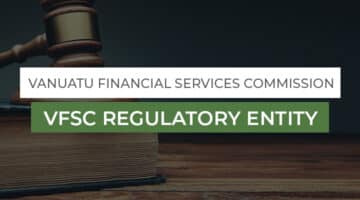
VFSC Regulatory Entity
[top_three_brokers] The Vanuatu Financial Services Commission is a regulatory organisation that supervises and regulates Vanuatu's…

FFAJ Regulatory Entity
[top_three_brokers] By reflecting all the developing funds, FFAJ started working in 1989. FFAJ is an…
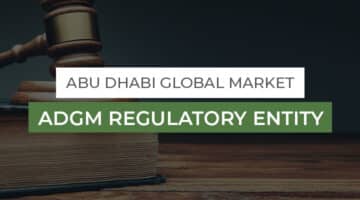
ADGM Regulatory Entity
[top_three_brokers] ADGM is the abbreviation of Abu Dhabi Global Market. It is an award-winning centre…
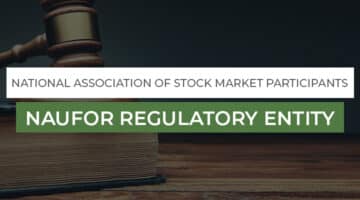
NAUFOR Regulatory Entity
[top_three_brokers] The National Association of Stock Market Participants is an industry-wide, independent self-regulatory organisation. It…
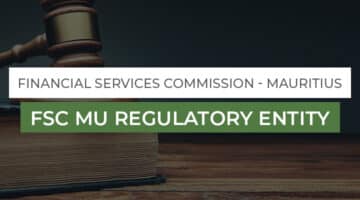
FSC Mauritius Regulatory Entity
[top_three_brokers] FSC (Mauritius) Regulatory Entity works as a regulatory body for all global business sectors…
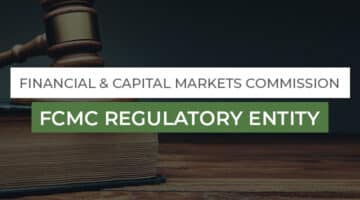
FCMC Regulatory Entity
[top_three_brokers] The Financial and Capitals Market Commission is an independent regulatory entity set up in…
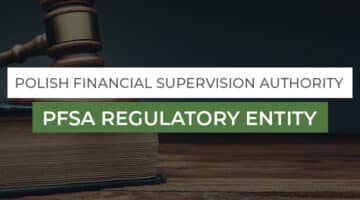
PFSA Regulatory Entity
[top_three_brokers] The Polish Financial Supervision Authority is known as PFSA. However, it is commonly known…
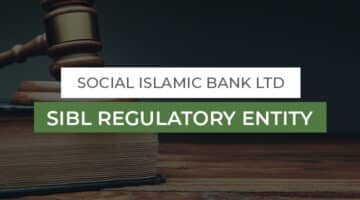
SIBL Regulatory Entity
[top_three_brokers] The Social Islamic Bank Ltd (SIBL) is a top-leading and renowned second-generation commercial bank…
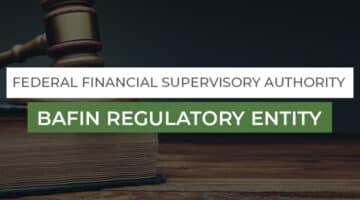
BaFin Regulatory Entity
[top_three_brokers] A German Financial Authority, Bundesanstalt für Finanzdienstleistungsaufsicht, is abbreviated as BaFin, known as Federal…

FSPR Regulatory Entity
[top_three_brokers] The Financial Service Providers Register is a regulatory entity that has authority over financial…


